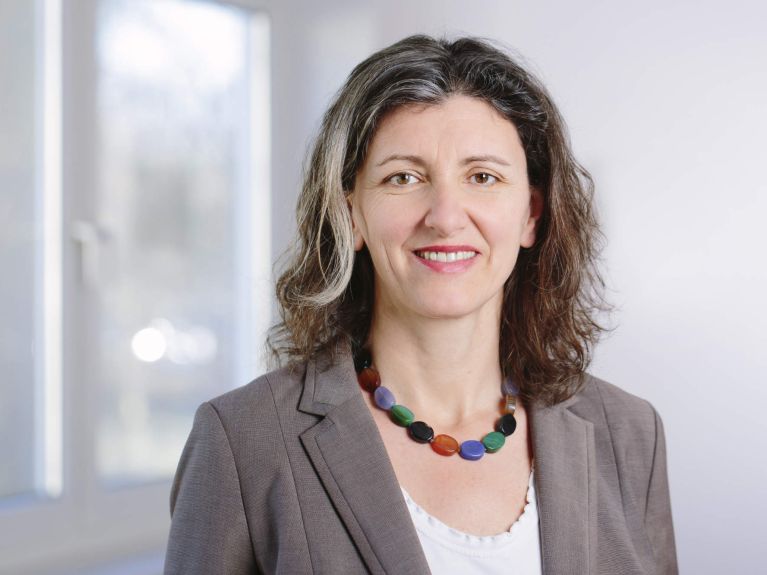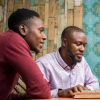“If we want to bring about change, we must support women.”
Fair trade and gender equality must be seen through the same lens. Find out how the Chair of Fairtrade Germany believes this can happen.

Frau Brück, what are the objectives of Fairtrade Deutschland?
We are a charity which promotes fair trade, particularly equitable trade structures between Europe and the Global South. Our work includes education and raising awareness, but we are most famous for awarding the International Fairtrade Mark.
What standards does a business need to meet in order to achieve the Mark?
There are numerous standards across aspects of the environment, gender justice, working conditions, working hours, parental leave, and other social issues.
How does fair trade improve the lives of producers?
Fairtrade producers benefit from fixed minimum prices which serve as a safety net, so if the market price drops, the minimum price kicks in and protects their bottom line. If market trends move in a positive direction, they get the higher price. There are also financial bonuses for community projects. We advise producers on how to meet the standards and how to invest the bonuses most effectively, such as in training and school education for their employees.
Why is it important to take holistic approach to fair tradeand helping women?
Women working in agriculture often face a threefold burden from their families, the field and social work. We know from studies that when these women earn more money, they use up to 90% of it for their families. The figure for men is only 30%. If we want to bring about a long-term change in society, we need to make use of this leverage.
Which of your projects are helping to achieve that?
In Kenya, for example, there is the “Growing Women in Coffee” project, in which cooperatives hand land over to women and give them the chance to cultivate it independently. The profits belong to the women. The project provides funding to train women in agricultural practices and advises them on how to implement business plans. It also helps build biogas facilities, which saves women from having to collect firewood everyday and protects the environment at the same time.


